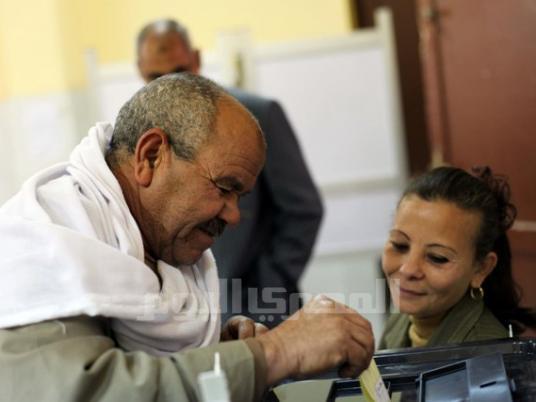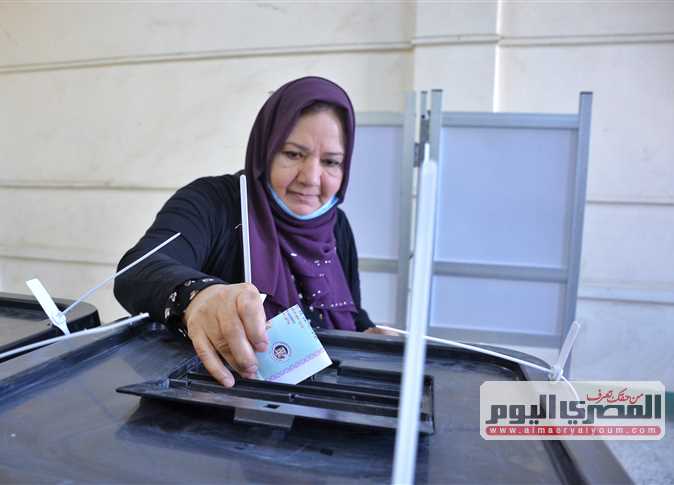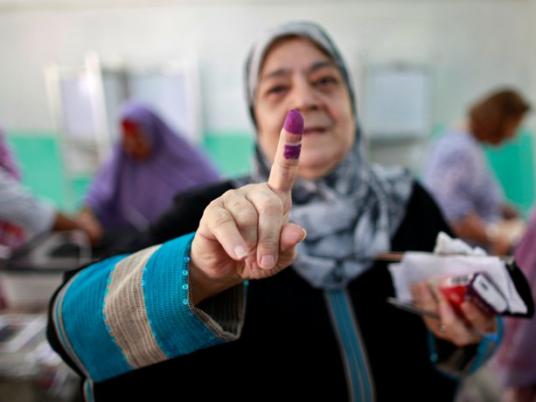
The majority of eligible Egyptian voters plan to cast ballots in the upcoming presidential election, with a recent Gallup poll suggesting increased interest in the vote.
The poll conducted in December suggests 86 percent of Egyptian adults intend on voting in the election reportedly now planned for late May, while 12 percent of those surveyed said they would not go to the polls.
These results highlight more interest from Egyptians compared to a previous survey in September, when 79 percent said they would vote ahead of parliamentary elections and 17 percent said they would not.
This perhaps implies a heightened belief in the electoral process; 88 percent said in the most recent poll that they believed elections would be fair and honest, up from 79 percent in September. A brief analysis accompanying the survey says enthusiasm for the electoral process is a “positive sign for Egypt’s future,” which will be “necessary for the reform process to continue in the post-Mubarak era.”
However, low voter turnout for ongoing Shura Council elections this month suggests a lack of interest in Parliament's upper house. Turnout for the first round was about 15 percent.
State-run media sources on Wednesday quoted Local Development Minister Mohamed Attiya as saying that presidential elections will be moved up from June to late May. The nomination process for presidential candidates is scheduled to begin on 10 March.
More than half of the people surveyed said they did not know which candidate they would vote for in an open-ended question, implying that Egyptians are waiting to hear more from presidential hopefuls. About 17 percent said they would vote for former Arab League Secretary General Amr Moussa, 3 percent each for former intelligence chief Omar Suleiman and Islamist reformist Mohamed Selim al-Awa, and 2 percent for Field Marshal Hussein Tantawi and Nobel Prize-winning scientist Ahmed Zewail.
Gallup did not publish results for Mohamed ElBaradei, the former International Atomic Energy Agency director who pulled out of the unofficial race in January.
Other surveys conducted by Gallup have shown that most voters did not select parliamentary candidates until a few weeks before the elections.
These results, however, are based on surveys conducted before the Port Said football stadium deaths in early February and subsequent renewed violence in the capital, which may have altered public opinion.
The results of Gallup polls conducted in Egypt throughout 2011 show responses fluctuating within a 10 percent margin regarding respondents’ intention to vote. In April the highest percentage (91 percent) said they intended to vote, while September marked the lowest percentage (79 percent).




